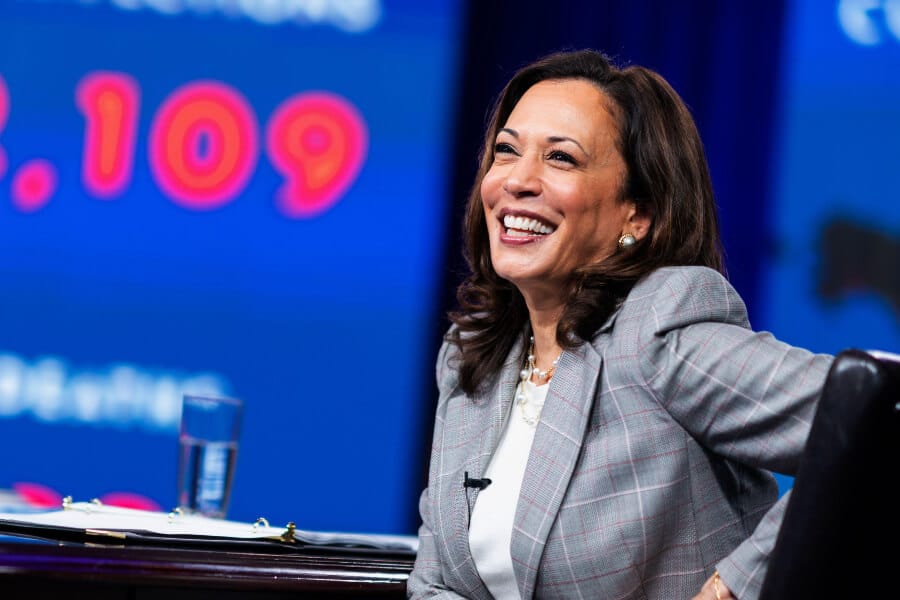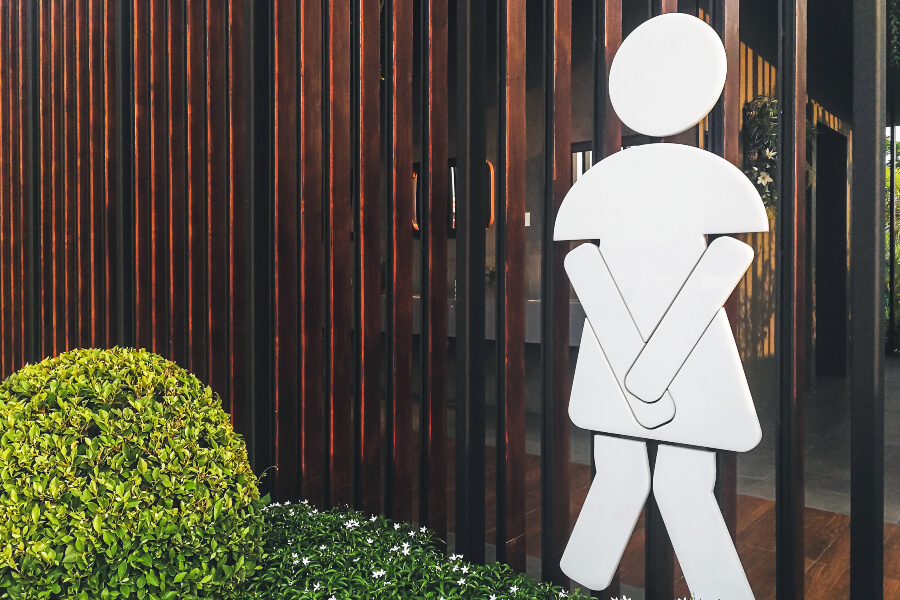Editor’s Note: In response to the defeat of a second woman in her quest for the presidency, we’re offering this insightful essay by Lorraine Glennon, published after Hillary Clinton’s defeat. Unfortunately it’s as relevant today as it was then.
***
It is a truth universally acknowledged that Hillary Rodham Clinton is someone that the American public “just doesn’t like.” Indeed, the public’s deeming of Hillary as unlikeable has been stated as fact by everyone from your cubicle mate at the office to the second cousin you got stuck sitting next to at Thanksgiving, and in media outlets as diverse as Fox News and the New York Times. These commentators, mind you, do not even pose the question, “Is she likeable?” Her grown-up case of cooties is a given so inarguable that it has hardened into dogma.
Well, let me offer a dissenting view—an “alternative fact,” if you will. The numbers tell a different story. Consider that a scant four years ago, when she was leaving her post as Secretary of State, HRC had an approval rating of an “eye-popping 69 percent,” as the Wall Street Journal (hardly a publication known for its hyperbole) described it. Let’s put that number in perspective: Barack Obama was wildly popular when he left office last month with an approval rating of 6o percent. Bill Clinton set the approval record for post-World War II presidents, with a 66 percent favorable rating as he exited the presidency in 2001. Neither number soars as high as Hillary’s rating as Secretary of State.
After Benghazi
Even more revealing is a Quinnipiac University survey taken around the same time (February 2013, after both the first investigation into the Benghazi attack as well as HRC’s testimony about it to the Senate Foreign Relations Committee) that anointed her “the most popular politician in America.” In that poll, Hillary outranked both President Obama and Vice President Biden in favorability by five points each, and left then-top GOP contenders Marco Rubio and Jeb Bush in the dust. Pundits everywhere began to talk about what Hillary’s matchless combination of competence and popularity could mean were she to launch a second run for the presidency.
In 2013, she was anointed as the most popular politician in America.
So what happened next? Once she announced her candidacy for president in April 2015, her favorability slipped to 49 percent, and by the time of the election, her unfavorability rating was at an all-time high of 57 percent. She hadn’t been responsible for any new policies or loathsome Senate votes in the time between 2013 and 2016, nor had she announced a radical shift in any of her positions on key issues. So why the sudden plummet in her popularity and a ratcheting up of the “unlikeable” refrain?
Read More: 100 Years After the 19th Amendment: What’s the Same; What’s Different
The Cardinal Sin of Womanhood
That’s easy. She’d committed a cardinal sin against womanhood: She got uppity. Last year, in an op-ed piece for CNN that mused on the incessant criticism of Hillary’s voice (“shrill,” lacking “elegance and grace,” and, in Peggy Noonan’s assessment, sounding “like a landlady yelling”), the journalist Frida Ghitas recalled meeting a woman who disliked Hillary:
“A couple of months ago, an intelligent, modern European woman told me she didn’t like Clinton because she is ‘too ambitious.’ She thought becoming Secretary of State was enough of an accomplishment. Wanting more was unseemly.”
Translation: Know your place. You were Secretary of State of the United States of America, for heaven’s sake. And now you insist on going for the top job? That’s not very feminine. Or “nice.”
Put in Her Place
The sad thing is that a woman expressed this sentiment (studies over the decades indicate that both women and men prefer that the top position in an organization be held by a man) but the only surprising thing is that the rest of us didn’t see it coming. Because it had happened before, in 2008, when Hillary the Popular Senator became Hillary the Presidential Candidate and, hence (yup), Hillary the Unlikeable. Even Obama, in one of his more graceless public moments, piled on with his famous comment, “You’re likable enough, Hillary,” after a debate moderator popped the inevitable question to her about whether her “personality deficit” would hurt her with voters.
This pattern—the closer you get to power, the more you get slapped down—serves as a caveat to women everywhere.
This pattern—the closer you get to power, the more you get slapped down—serves as a caveat to women everywhere: Be too ambitious, and you’ll get your comeuppance. But in Hillary’s case, there’s something even sadder. Yes, she’s liked when she knows her place, but if you want to see her approval ratings really zoom, watch what happens when she’s put in her place. In 1998 when, as first lady, she was thrust into the role of the wronged woman during the Lewinsky scandal, her approval ratings were a whopping 63 percent.
As for the second time she garnered almost universal approval? That was another moment of public humiliation: November 9, 2016, the day of her (admittedly awesome) speech conceding the presidential election to the man who “defeated” her by earning some three million fewer popular votes than she did. Oh, how people swooned for her that day. Indeed, Hillary is never more loved than when she has been properly humbled. It says a lot about how far we haven’t come.
Read More: Kamala Harris Gets the Nod as Biden’s VP
A version of this story was originally published in August 2020.





















0 Comments